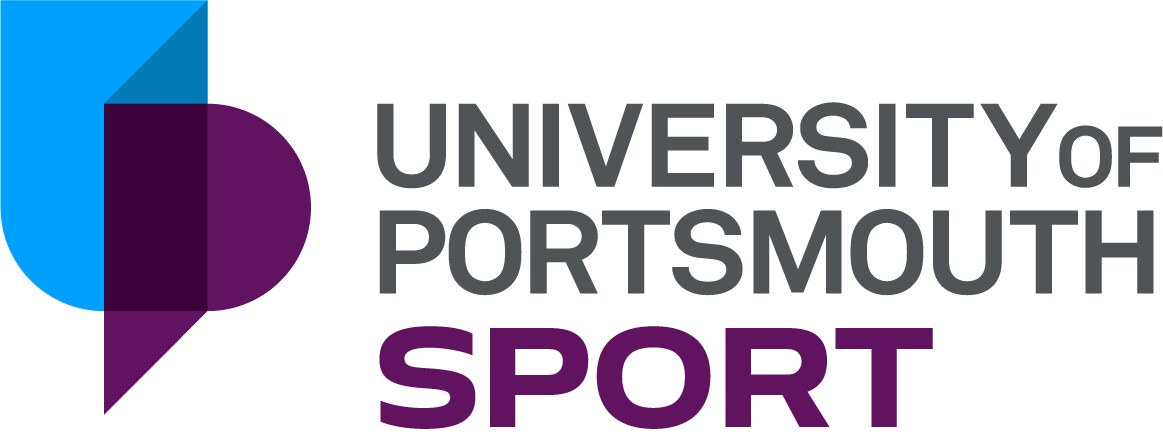

We all know about nutrition to keep your body healthy but what we eat may affect not just our physical health, but also our mental health and wellbeing
The importance of good nutritional intake at an early age is explored in multiple studies, many found that a poor diet (with high levels of saturated fat, refined carbohydrates and processed food products) is linked to poorer mental health in children and adolescents. We’re not suddenly doomed if we weren’t the healthiest when younger, by eating healthily from now on can improve our wellbeing.
Now I am not sure about you but If you’re like me and have a real sweet tooth for all things chocolate avoiding these foods can prove to be more difficult than first imagined. Now ask yourself ‘How good do you feel after eating a big bar of chocolate’. There’s no denying we all do it from time to time but too much of this can be doing more harm than good. A classic example of this is what we call comfort eating when we’re feeling blue.
Many of us are well aware of the benefits of eating a well-balanced diet and the effect this has on your physical health but are you aware of how much it affects your mental health? Now ask yourself ‘How good do you feel after eating a well-balanced nutritional meal’.
Eating a well-rounded nutritional diet can help improve your mood, increase energy levels and help you think more clearly.
Here are some food examples that can help improve your mental and physical wellbeing
Berries
Strawberries, raspberries, blueberries and blackberries all are loaded with antioxidants which have been found to assist in improving symptoms associated with anxiety and depression.
Yoghurt
Like berries Yogurts have many beneficial factors towards the human body and thanks to the brain-gut connection, probiotics found in cultures such as yoghurt can also impact a person’s mental health, assisting in lowering levels of stress, anxiety and depression.
Walnuts
According to studies, whole grains are a rich source of tryptophan, an amino acid that helps to produce serotonin (aka, the ‘feel-good hormone’). Serotonin assists in calming the mind, improving your mood and maintaining a steady sleep cycle.
Avocado
Avocado is rich in tryptophan, which is a precursor to serotonin, which is our feel-good chemical. It also has folate and Omega 3 in it which has a number of health benefits.
Tomatoes
Tomatoes contain lots of folic acid and alpha-lipoic acid, both of which are good for fighting depression, they are also the major dietary source of the antioxidant lycopene which has been linked to many health benefits.
Beans
Full of fibre and antioxidants, beans are one of the top food choices for a happy healthy brain. They are a great source of protein and fibre, both of which help to maintain stable and consistent blood sugar levels. In addition to helping minimize the blood sugar spikes and dips that can affect our mood.
Apples
Like berries, apples are high in antioxidants, which can help to prevent and repair oxidation damage and inflammation on the cellular level. They are also full of soluble fibre, which balances blood sugar swings.
Leafy greens
Green leafy vegetables provide a number of health benefits including protecting bones from osteoporosis and helping to prevent inflammatory diseases.

